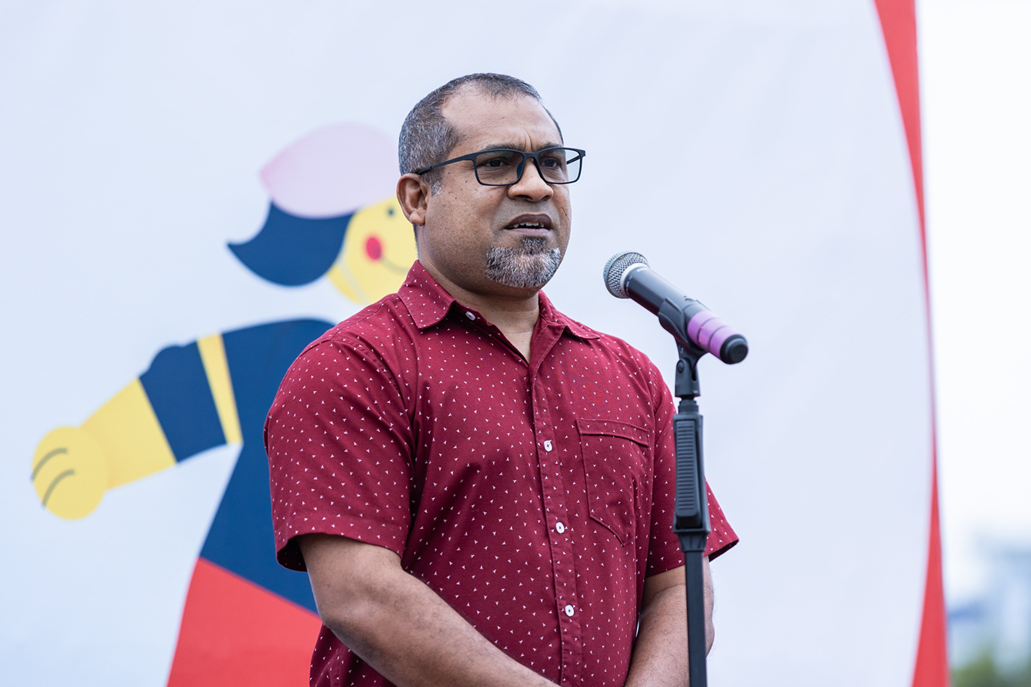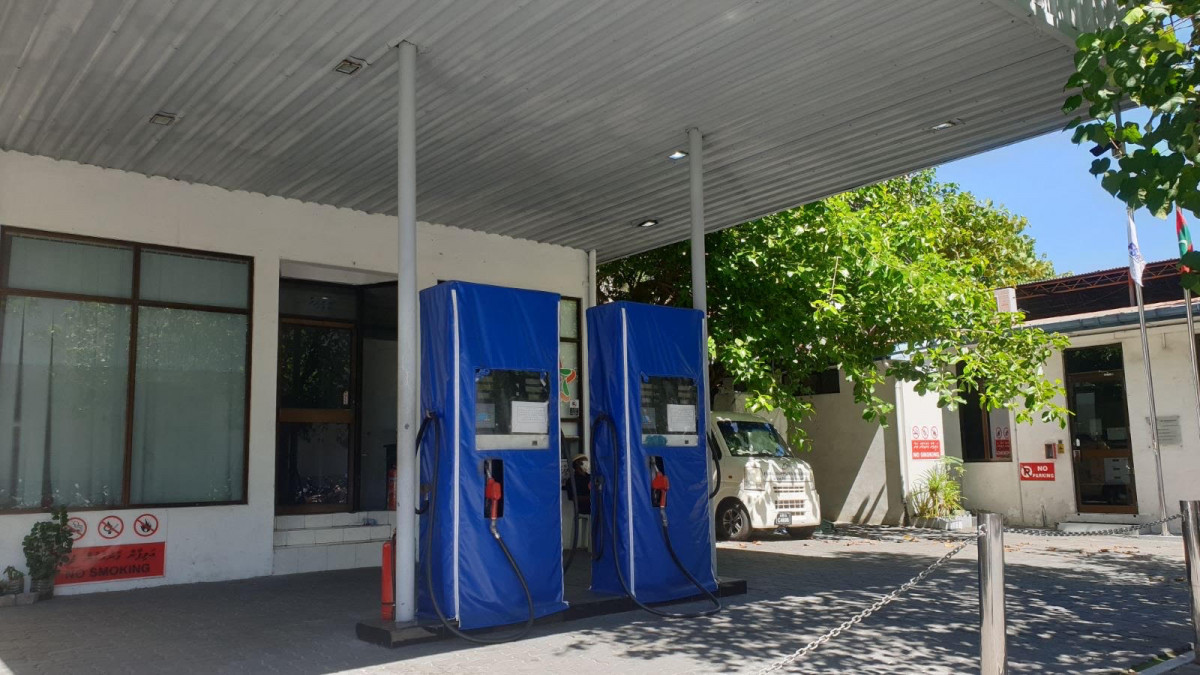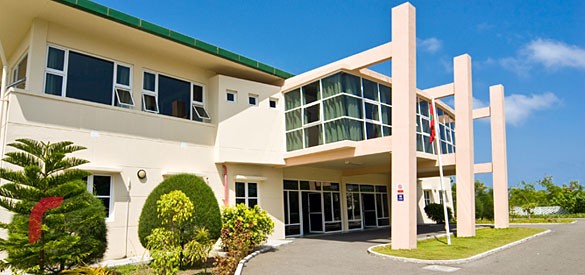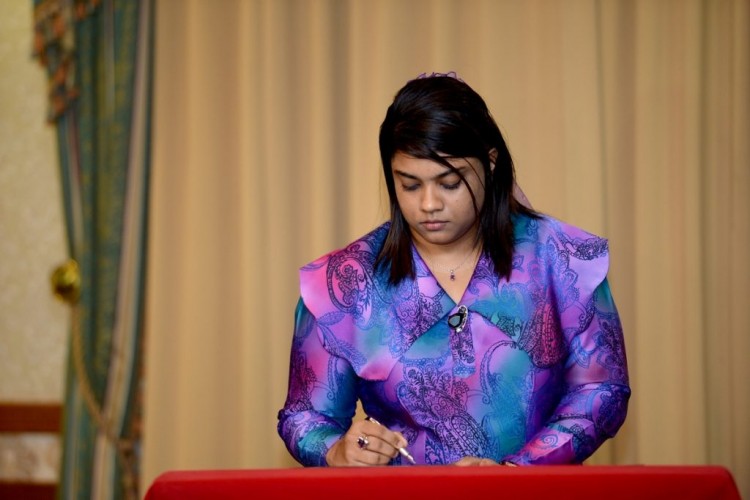'Once the plan fails: no dreams'
The labour-averse Maldivian's neglect of the 'Bangaalhee', and how he bites the hand that feeds
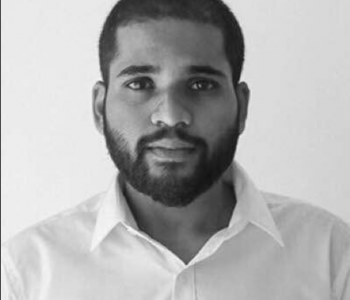

Maldives' vigorous construction industry is heavily supported by scores of migrant workers working long hours in horridly unsafe conditions
The smell of baked bread and coriander settled into the evening air over the cooker where Ramjan Hassan and his three colleagues had prepared chapathis and beef for Iftar this Friday.
It has been a relaxing day for Ramjan and his friends, who together run all the affairs at a café in the central Mahchangoalhi district of capital city Malé.
The 27-year-old, who came to Maldives in 2015, gets one in every six days for himself and is paid enough to cover his cost of living here. This was not always the case.
As he dips his flatbread in for a healthy scoop of Beef Bhuna, a Bangladeshi variant of the Asian dish that requires careful monitoring and addition of water in its preparation, Ramjan recalls that he was once forced to work 14 hours a day, seven days a week.
While he currently shares a small room, about 10 by 9 feet, with four other workers – he used to occupy a cramped apartment with thirty others. Ramjan’s former home would not have any windows, furniture, or even a useable bathroom.
“My parents were farmers and they did not have any money so I did not have much chance to get an education. But they had the decency to care for their yield. On our farm, even the animals were treated better” Ramjan said.
Ramjan grew up in the remote village of Dariabad in Barisal district of Bangladesh. He is the second eldest of seven siblings, the youngest of whom are at the ages of eight and 12.
Like many others, Ramjan had always had rumours that the Maldives is an ideal destination for workers to make money. His district has also been witness to the Bangladeshi diaspora.
“A lot of people from Barisal have come here, and gone to different places like Saudi Arabia and Malaysia. I never wanted to leave though, I was content just living with my siblings” he said.
After his mother’s health declined, and she was no longer able to assist their father on the farm, Ramjan was encouraged by Raamiz, his elder brother, to seek employment abroad. It was to be a quick endeavour, intended to make just enough money to cover the family’s medical expenses and support its youngest members.
Ramjan spoke to his friends and found a recruiting agent with links to a Maldivian employment company. Raamiz had sold their mother’s jewelry and his own motorcycle to pay the agent and cover travelling costs. The family had invested up to USD 2,400 (about BDT 200,000) – more money than Ramjan had ever expected to see all in one place.
Ramjan’s application and documents say that he was chosen for the position of a waiter at a restaurant in Naifaru of Lhaviyani atoll. Although, he has yet to even set foot on the island.
“I was taken to a construction site and told that I should report there every morning at 6:00, there were four others with me every day and they only paid me half of what I was told by my agent” he recounted.
Ramjan had spent six months in those conditions, returning home to squalid and cramped conditions before he decided to leave. This was a bold move as his employer had refused to hand over his visa and travel documents. Attempts to acquire them through law enforcement had also failed as well, as the employer insisted that the travel documents were not with him and the work visa had been misplaced. Officers had reportedly not saw the matter of enough importance to urge the employer to reacquire the misplaced documentation.
With no passport, identity card, or work visa, Ramjan had been afraid of arrest and deportation.
“I had no money and no bed to sleep on, but I was very lucky to have met the brother of a friend I had once helped carry luggage for” Ramjan explains how his fate took a turn for the better “He had paid me a lot more than I asked for, so I told him I did not want anything money and that the work was free. I told him that if he can be kind, I can return the gesture”.
Ramjan makes USD 350 a month and works as a senior staff at a café owned by the man’s brother. Ismail Rasheed - ‘Isse’ to his friends – says Ramjan’s approachability and ability to make quick friends out of customers have made many faces commonplace at his café. Isse is working to legalize his charming employee and expects positive results very soon.
“My mother passed away a few months ago and I could not even see her face for the last time. My family is getting by on what they make. I have not been able to help much” Ramjan said “If I could get my hands on that agent, I would kill him”
Forlorn and Forgotten
Anyone who has visited Malé would have inevitably run into them numerous times. Migrant workers are in every industry. They cook our food, serve our teas, cut our hair, build our homes, collect our trash, and in some cases even take our children to school. Odd jobs for odd people, is our unspoken but surely assigned mantra to the massive amounts of migrant workers who live and work alongside us.
The Economic Ministry’s statistical yearbook for 2012 placed the number of migrant workers in the Maldives in 2012 to just slightly under 120,000. While this figure may seem large for a nation whose native population is about 400,000 – it is no secret that the authorities understate the real amount. Inadequate documentation regulations and blatant disregard for human values have ensured this.
As the Transparency Maldives commendably brought to light thereafter, the Economic Ministry has omitted including the number of migrant workers active in the Maldives in their statistical yearbooks since 2012. A strategic move, no doubt, although given the government’s carefully maintained silence over the matter it would be speculation to try and reason as to whether this was a decision made out embarrassment, in order to hide incompetence, or if it was one made out of intentions to maliciously deceit.
Fifty-seven percent of all documented workers in the country come from Bangladesh, with the rest flying in from India, Sri Lanka, and the Philippines. A staggering 88 percent of said workers are employed in the construction sector, according to the Department of National Planning’s statistical yearbooks.
While the Employment Act passed in 2008 gives expatriates the same rights as any other, an amendment in 2015 marred it with prejudice. This amendment is most relevant to the ongoing month of Ramadan, as it made it non-compulsory for Maldivian employers to allocate Ramadan allowances for foreign workers – which was a legal requirement previously. Moreover, with delayed wages and unsanitary conditions, most migrant workers cannot afford a substantial enough meal for Iftar during Ramadan. These workers gather in dozens at local mosques, which provide food and drink for those about to offer Salat, Muslim prayer. There are reports of these expatriates being pushed and shoved away as if they were houseflies. Some mosques have had incidents where workers have been barred from occupying the first row in congregation for prayer.
“If the entry results from fraud with the intention to exploit a person, the person is defined as trafficked” the definition of trafficking.
The United States of America’s state department once placed Maldives on its Tier Two watch list for human trafficking. This prompted an expedited bill in parliament and saw the conception of the Anti-Trafficking Act. This act was groundbreaking as it allowed those wronged by fraudulent agents to file for damages and even pursue criminal prosecution.
While the law stands strong, there must first be formative steps to overhaul the system under which the Department of Immigration and Emigration handles the influx of migrant workers. A state audit of the department once found several discrepancies; including inconsistencies in occupations in the application of migrant workers and their contracts, employment approvals not being linked migration data in the department’s systems, and approvals being issued for longer than working periods.
While migrant workers play an invaluable role in the Maldivian economy, there are deep rooted prejudices against them. Even the native Dhivehi word for Bengali, ‘Bangaalhee’, has been made a slang and thrown around as a derogatory term. In 2015, Shaheen Mia, a Bangladeshi waiter was killed in cold blood over the pathetic desire for a hot cup of coffee because he refused to serve after business hours. This alienation is unbecoming, especially given that both nations not only share a common history and culture, but political and geographical realities such as its struggle with democracy and threat from climate change.
‘The International Idea,
The largest and the clearest,
Is welding all the nations now,
Except the one that's nearest’ ~ GK Chesterton
